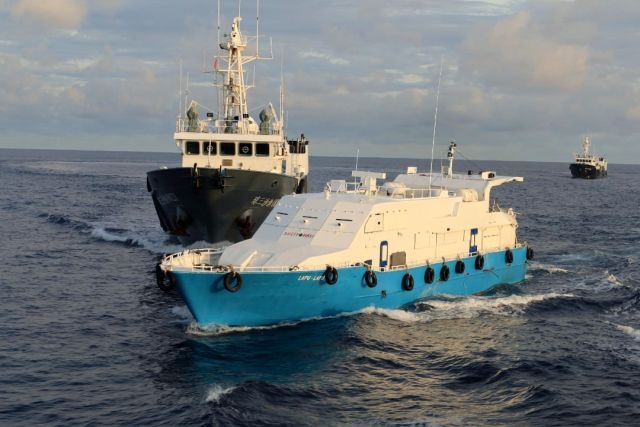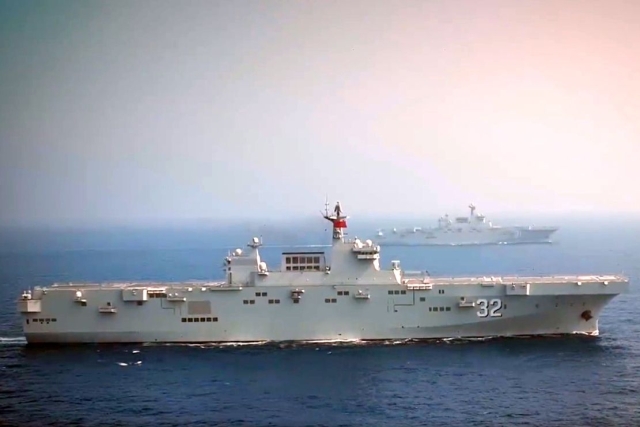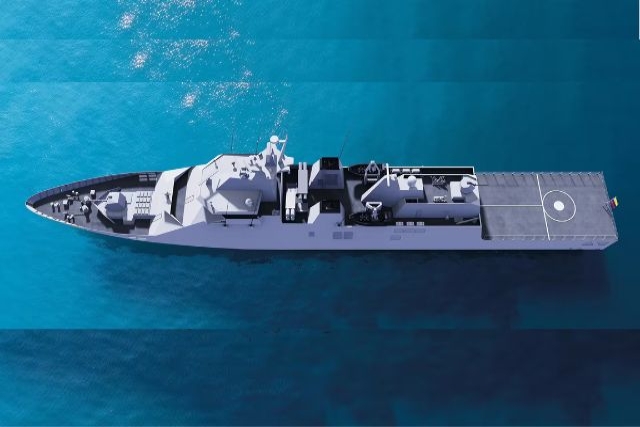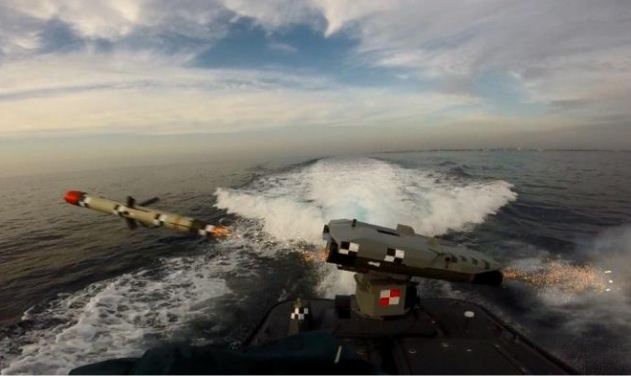China, Philippines Announce Legal Measures to Control South China Sea Lanes, Island
Beijing and Manila adapted legal measures to solidify their claims over Huangyan Dao island (Scarborough Shoal) and sea lanes in the South China Sea.
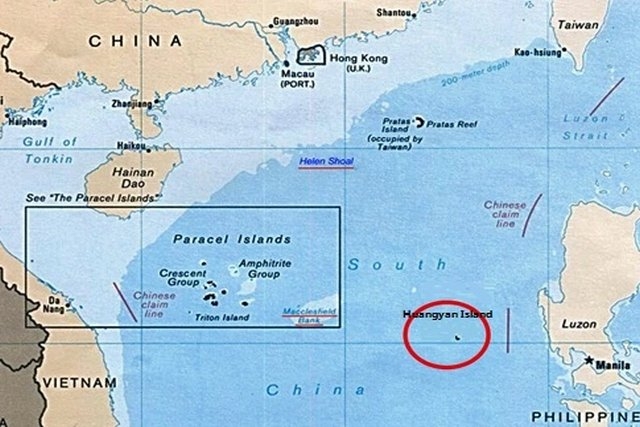
The Chinese government announced the baselines of the territorial sea adjacent to Huangyan Dao island (Scarborough Shoal) a day after Manila passed the Philippine Maritime Zones Act and the Philippine Archipelagic Sea Lanes Act which aim to extend its control over some islands and sea lanes in the South China Sea.
The two legal measures intended to control certain islands and sea lanes in the South China within the Philippines exclusive economic zone are certain to put Beijing and Manila on a collision course.
A Chinese foreign ministry spokesperson said Sunday that Beijing delimited and announced the baselines of the territorial sea adjacent to Huangyan Dao as the island has always been China's territory in accordance with the Law of the People's Republic of China on the Territorial Sea and the Contiguous Zone.
The so-called "Philippine Maritime Zones Act" aims to further solidify the illegal arbitral award on the South China Sea in the form of domestic legislation and illegally include China's Huangyan Dao and most of the islands and reefs of China's Nansha Qundao, and their relevant waters into the Philippines' maritime zones, the spokesperson added.
"This move severely violates China's territorial sovereignty and maritime rights and interests in the South China Sea," the spokesperson said, adding that China firmly opposes it and will continue to do everything necessary in accordance with law to firmly defend its territorial sovereignty and maritime rights and interests.
In a statement released Saturday, the National Security Adviser Secretary Eduardo Año said, “these legal instruments solidify our territory and enhances our ability to protect our country against any infringement. With the Philippine Maritime Zones Act, we reaffirm our sovereignty over our internal waters, territorial sea, archipelagic waters, as well as our sovereign rights and jurisdiction over the exclusive economic zone and continental shelf,” the NSC said.
He said equally important is the Philippine Archipelagic Sea Lanes Act, which enables the country to regulate the passage of foreign vessels and aircraft within its archipelagic waters. “It establishes vital safeguards to protect both our maritime resources and the environment, reinforcing our responsibility to uphold the sanctity of our waters and airspace.”

